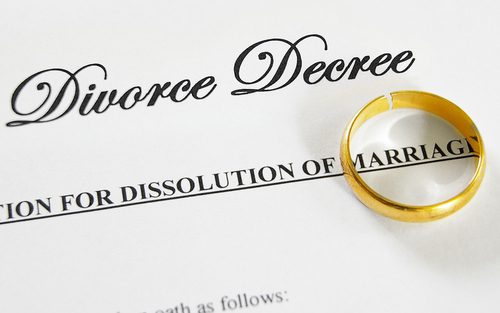Jacobs Family Law Firm and Tavares Divorce Attorney Jonathan Jacobs and his team represent and welcome clients from Leesburg, Tavares, Groveland, Eustis, Mount Dora and all of Lake County, Florida. With offices in Lake County and Orange County, Florida, Leesburg divorce Attorney Jonathan Jacobs litigates cases involving issues such as the equitable distribution of marital assets (the parties and/or the court must separate nonmarital from marital property) and liabilities (debts and loans, etc.), child custody and timesharing matters where a parenting plan is negotiated or litigated, child support (cannot be waived), pet ownership, alimony (short term, permanent, etc.) and more. To schedule a consultation, call 407-335-8113 to speak with us a divorce attorney Tavares and divorce attorney Leesburg about your unique divorce or paternity case. Jacobs Law Firm enjoys working with great clients, offer flat fee and installment payment plans and look forward to speaking with you. Ask us about an uncontested divorce in Tavares! Did you know Jacobs Law Firm practices collaborative divorce in Florida? Find out if collaborative divorce is right for you!
Divorce Attorney Tavares
As a Tavares divorce attorney, we recognize that family law and divorce cases often involve two primary issues. These issues are timesharing with the minor children (formerly known as child custody) and determining the appropriate amount of child support for the benefit of the children. A general guideline is that overnight timesharing with minor children is presumed to be equal or close to 50/50 unless the facts of the case warrant a different result. Frequently, litigants prefer to have majority timesharing because they are concerned the other parent is irresponsible or unavailable to care for the children. The history between the parties is often a determinant of the position the primary parent (historically) will take in the litigation that follows. A Leesburg divorce attorney can help guide you through this difficult time in your life.

Leesburg Divorce Attorney
Leesburg divorce Attorney Jacobs understand that alimony and child support are vigorously litigated financial issues impacting your family’s financial future. It is important to retain counsel that understands your struggles and can provide you with the best legal advice and strategy for your legal battle. A Tavares divorce attorney recognizes the nuances of financial issues in your family or divorce case. This is among the primary reasons the discovery process is of vital important. Mandatory disclosures may just the foundation for building a case, but in many cases, the court’s standard requirements are just the beginning.
Tavares divorce attorney and Leesburg divorce Attorney Jonathan Jacobs of the Jacobs Law Firm represents great clients throughout Lake County, Florida and the surrounding counties when you need us the most. Call 407-335-8113 for your consultation. Your rights and responsibilities are important.


















